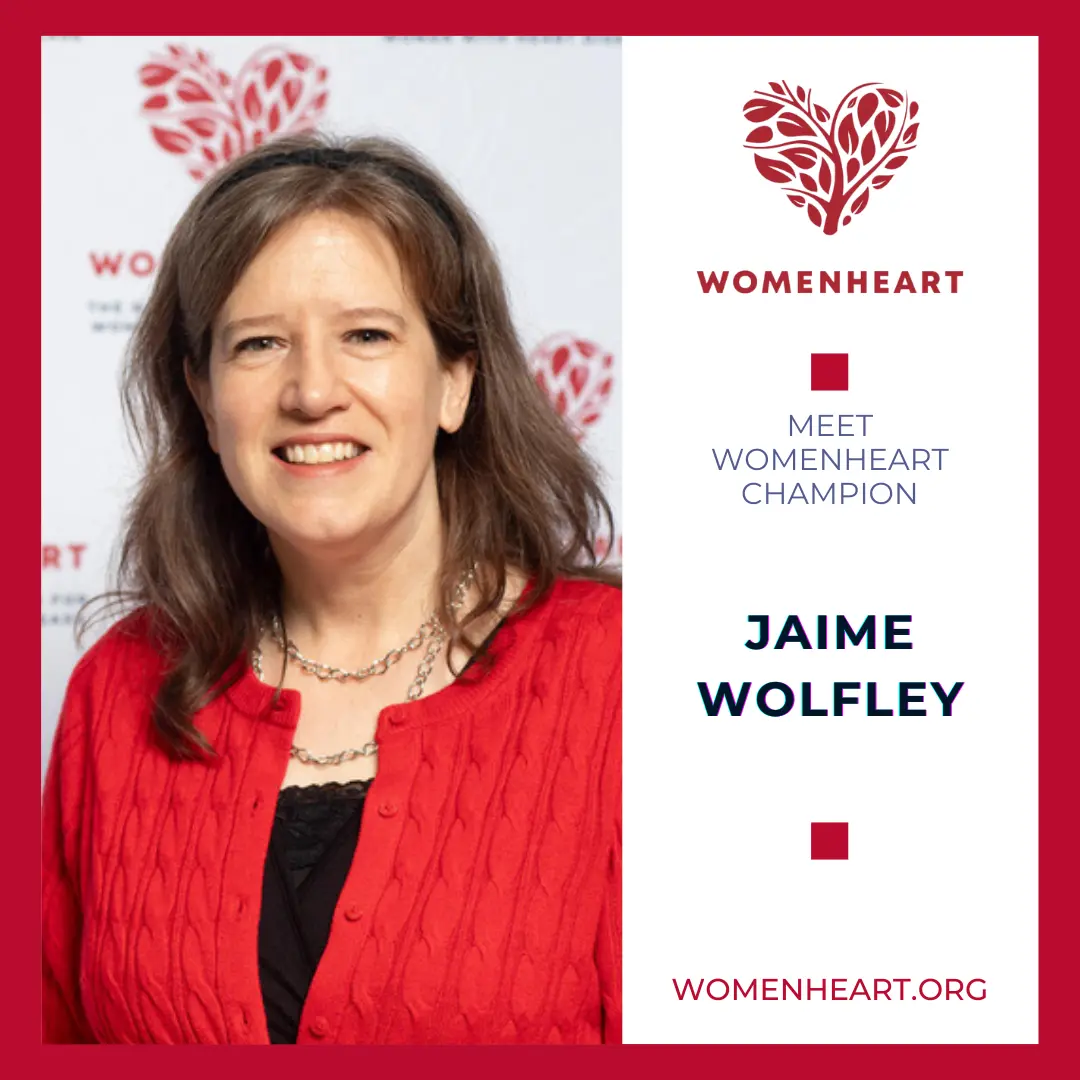Did you know that women with AFib are more likely than men with AFib to have a stroke; Afib is the leading cause of debilitating stroke in women; and if left untreated, AFib can also lead to heart failure and chronic fatigue?
 So what is AFib or atrial fibrillation you might ask? AFib, is a heart rhythm disorder in which the atria – the two upper chambers of the heart — fibrillate or beat rapidly and irregularly. I have been living with AFib for 25 years and as a WomenHeart Champion, District Support Network Leader, and former board chair of the organization, I am very passionate about educating women about this particular type of heart disease. This is why I attended the Get in Rhythm. Stay in Rhythm. Atrial Fibrillation Patient Conference held in Dallas, Texas on Aug. 3-5, 2018. As an A-Fib patient, I tried eagerly and earnestly to listen and learn to the medical providers at the conference, and here are some takeaways that I came away with.
So what is AFib or atrial fibrillation you might ask? AFib, is a heart rhythm disorder in which the atria – the two upper chambers of the heart — fibrillate or beat rapidly and irregularly. I have been living with AFib for 25 years and as a WomenHeart Champion, District Support Network Leader, and former board chair of the organization, I am very passionate about educating women about this particular type of heart disease. This is why I attended the Get in Rhythm. Stay in Rhythm. Atrial Fibrillation Patient Conference held in Dallas, Texas on Aug. 3-5, 2018. As an A-Fib patient, I tried eagerly and earnestly to listen and learn to the medical providers at the conference, and here are some takeaways that I came away with.
According to the Centers for Disease Control (CDC), up to 6 million people in the United States are living with AFib, and that number is expected to increase as the population ages. Over the years, WomenHeart has worked closely with Mellanie True Hills, an AFib survivor and the CEO and founder of StopAFib.org. Her organization is committed to increasing awareness about AFib by helping survivors improve their quality of life and avoid AFib-related strokes. She even created AFib Awareness Month which is observed in September.
This is the third time I have represented WomenHeart at the Get in Rhythm.Stay in Rhythm conference. Each time, it has been well organized and includes an impressive group of cardiologists and thoracic surgeons. These medical experts shared a wealth of information about AFib, including the latest developments on medications and treatments. The sessions covered a variety of topics ranging from managing AFib risk factors ─ to digital health and monitoring of AFib ─ to addressing gender disparities around treatment for women versus men. Which is one of the issues that WomenHeart tries to tackle in its work every day.
I was excited to share our materials and resources on AFib which were well received by the conference participants. I gave out everything I had and could have given out more. This experience helps to confirm that more education about AFib is needed. I will continue to amplify this message and be a voice for the millions of women are living with or at risk of heart disease.
The conference livestream is now available for free. Access up to 15 hours of patient-centered content by signing up on their website.




